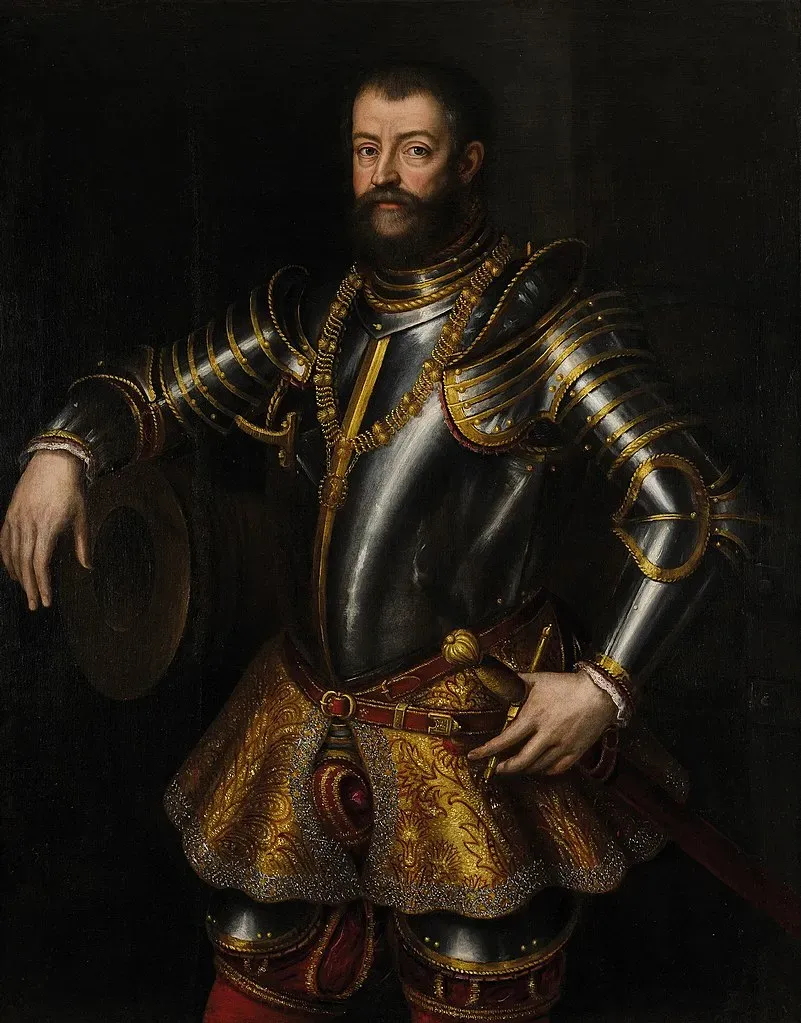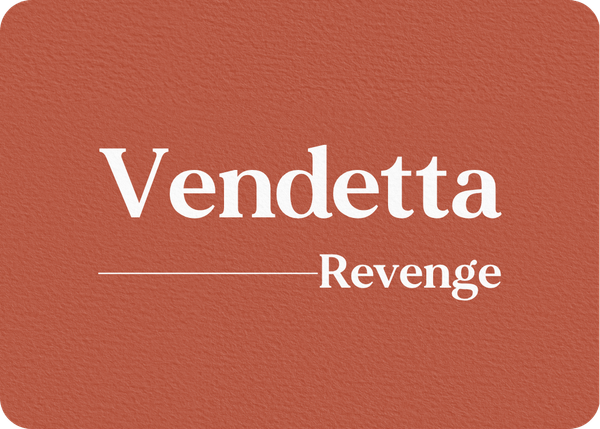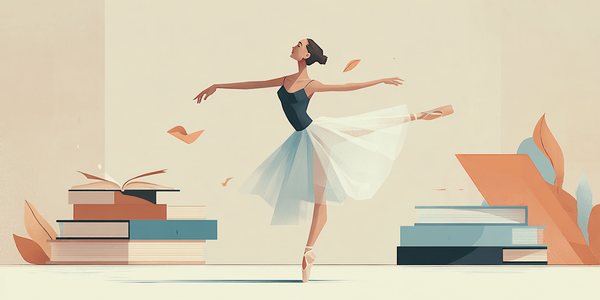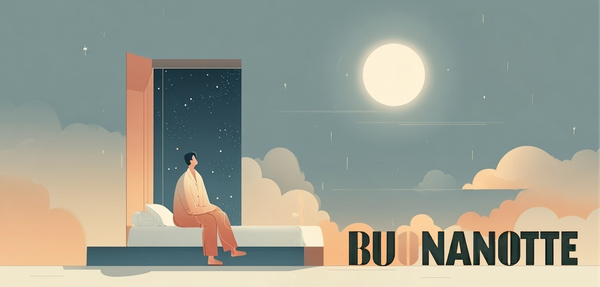Vendetta
NOUN [feminine]
Meaning and English translation 🔖
Revenge
🇬🇧 Revenge is harm (physical or psychological) done to another person to feel better after having suffered harm.
🇮🇹 La vendetta è un danno (fisico o psicologico) fatto a un'altra persona per sentirsi meglio dopo un danno subito.
Example sentences 💬
Ha giurato vendetta per l'offesa subita.
He swore revenge for the offense suffered.
La vendetta è un piatto che va servito freddo.
Revenge is a dish best served cold.
Dopo anni, ha ottenuto la sua vendetta.
After years, he got his revenge.
This article is brought to you by Giulia School, where you can learn Italian the natural way—with real conversations and passionate teachers guiding you every step of the journey. It’s the closest thing to immersion you can get without living in Italy. Click here to learn more.
Idioms with vendetta 🇮🇹
Giurare vendetta
→ To swear revenge
Ha giurato vendetta per l'affronto subito.
He swore revenge for the affront suffered.
Covare vendetta
→ To harbor revenge
Covava vendetta da molti anni.
He harbored revenge for many years.
Gridare vendetta
→ To cry out for revenge
Quel torto grida vendetta.
That wrong cries out for revenge.
Where does the word vendetta come from? 🔎
Vendetta comes from the Latin vindĭcta, meaning "claim" or "punishment", derived from vindicāre, "to claim".
Did you know that... 🤓
Impress your italian friends with curious facts about Italy and its culture
The Pope, a Michelangelo statue, and an original revenge
If you think you like revenge, wait to read what Alfonso I d'Este did.
Duke of Ferrara, from 1505 to 1534, he was a Renaissance man with a passion for art, a talent for war, and, apparently, a true genius for creative revenge.
In 1506, his enemy, Pope Julius II, decided to show off a bit. To celebrate the city's reconquest, the Pope had Michelangelo design and build a colossal bronze statue depicting him and placed it on the facade of the Basilica of San Petronio, the most important church in Bologna.
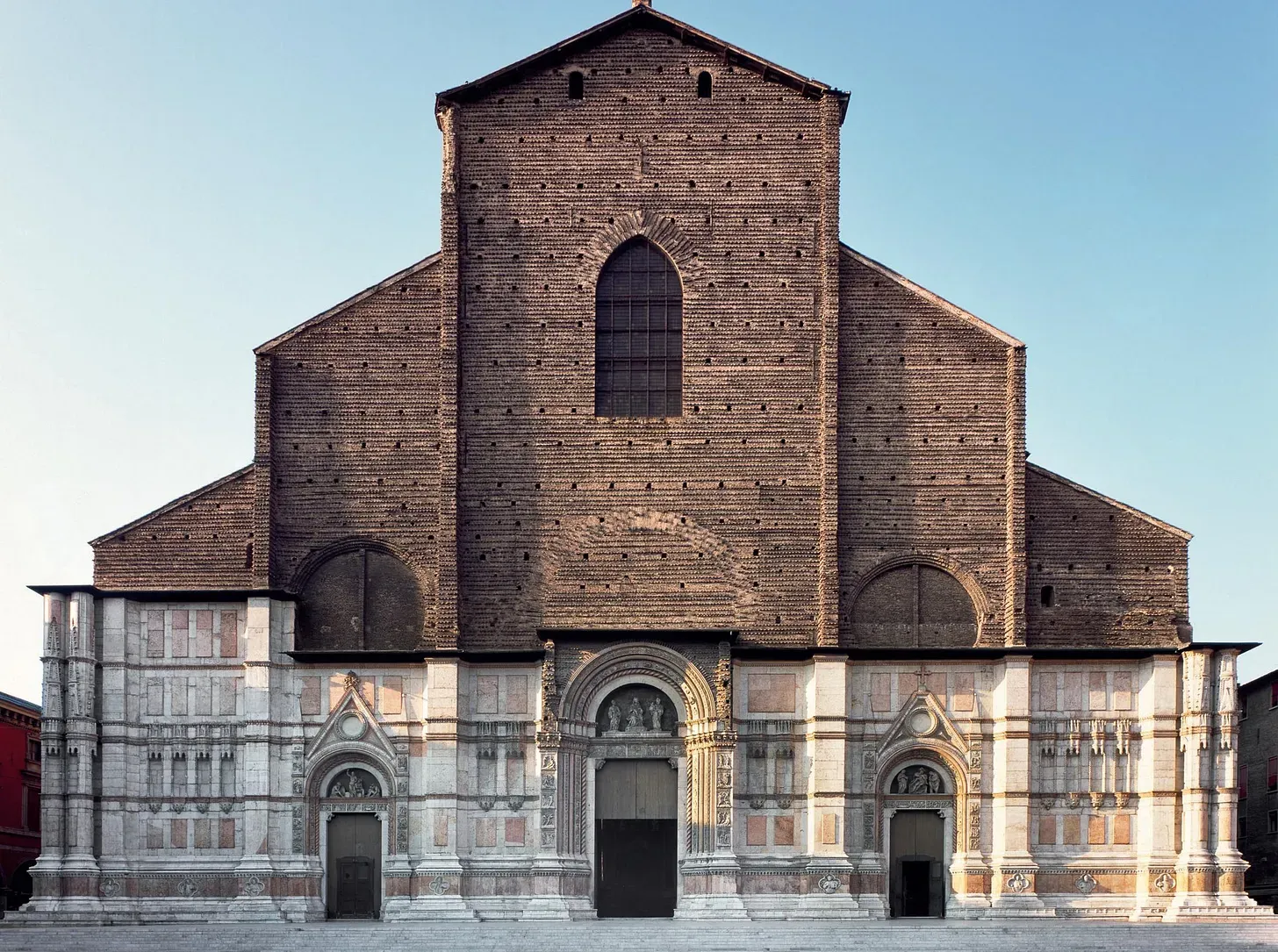
But fortune in war changes quickly. In 1511, our Alfonso reconquered Bologna. Now, a normal duke would probably have been content with tearing down the Pope's statue and smashing it to pieces. But Alfonso? Oh no, he had bigger plans.
Alfonso decided to melt down the statue but not to make another statue, jewelry, or coins. No, Alfonso transformed the Pope's statue into a cannon.
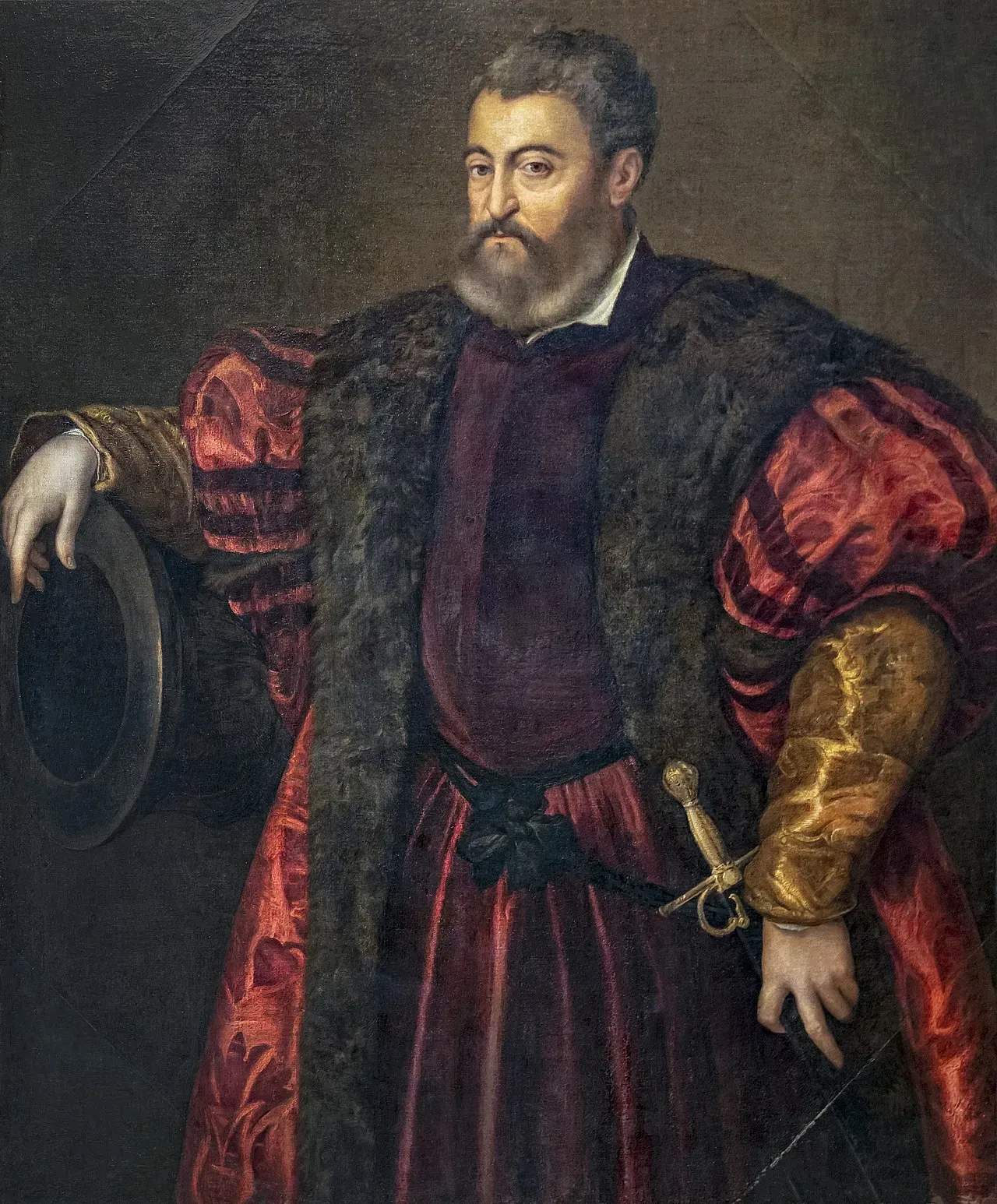
But Alfonso didn't stop there. He wanted everyone to remember this spectacular revenge forever. So, in all his subsequent portraits, he had himself painted with one hand resting on that cannon, which had meanwhile been nicknamed La Giulia - a beautiful name, I think.
That's how, because of revenge, we lost one of only two bronze statues made by Michelangelo (the other one, the David De Rohan, has also been lost, unfortunately).
